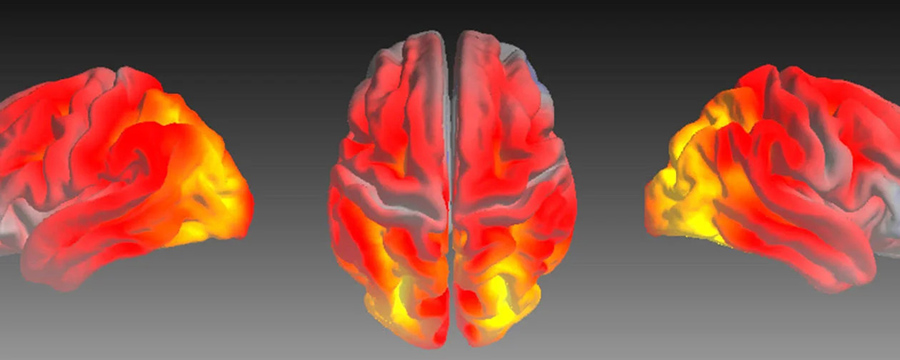#LA-04-11 The Many Faces of Dementia
About Course
UCL (University College London)Description
Explore key issues in dementia care and research, through four less common forms
Dementia is one of the foremost priorities in global health and is estimated to affect over 44 million people worldwide. This has a huge impact on individuals and on society, so improvements in understanding, care and treatments are desperately needed. In this online course, you’ll discover key issues in dementia care and research. You’ll explore four less common forms of dementia, through the eyes of people affected by them. World-leading experts at UCL will show how research into the signs, stages, symptoms and causes of these forms can bring us closer to defeating dementia.
Who will you learn with?
I am a postdoctoral research fellow based at the Dementia Research Centre, UCL. My research focuses on the primary progressive aphasias, and the relationship between hearing loss and dementia.
I work for Rare Dementia Support, where I provide support to people affected by a diagnosis of a rare dementia. I also work as a researcher, and am part of a team studying the impact of support groups
Who developed the course?
UCL was founded in 1826. It was the first English university established after Oxford and Cambridge, and the first to open up university education to those previously excluded from it.
What Will I Learn?
- Identify the range of symptoms that people experience as a result of less-common dementia diagnoses.
- Explain how diagnoses of dementia differ in terms of the parts of the brain affected and the causes of changes in the brain.
- Reflect upon the experience of people who are given a diagnosis of dementia.
- Explore the role of scientific research in furthering our ability to care for and treat people with dementia.
- Apply this knowledge to develop a broader understanding of the symptoms and experiences of people with more common forms of dementia.
- Evaluate your own views and experiences, in comparison to those expressed by others.
Topics for this course
What is familial Alzheimer’s disease?
What is fAD?00:00:44
Introducing Carol’s story00:01:14
The hunt for the gene
Diagnosis, prognosis and treatment
Challenges of living with Alzheimer’s disease
A new approach to halt Alzheimer’s disease in its tracks: the DIAN TU trial
Challenges of living with familial Alzheimer’s disease
Very easy to listen to. Helpful information to be aware of as I will soon be starting my volunteer job in an aged facility.
The overview of the types of dementia that she's able to give from her experience is more understandable than a purely technical explanation.
This course has been so beneficial and informative, covering all the topics I needed to know more about relating to dementia and caregiving!
Its a good match for me. really made me gain more knowledge about people with dementia and how to care for them.





